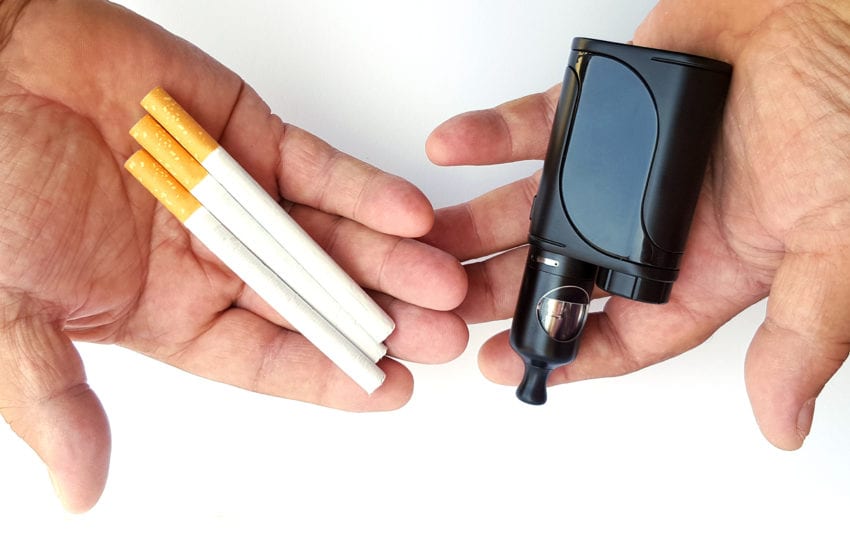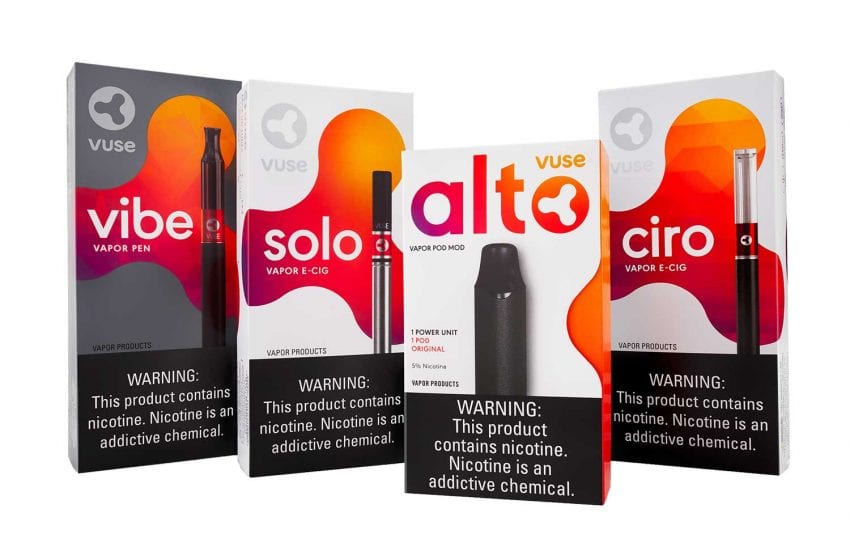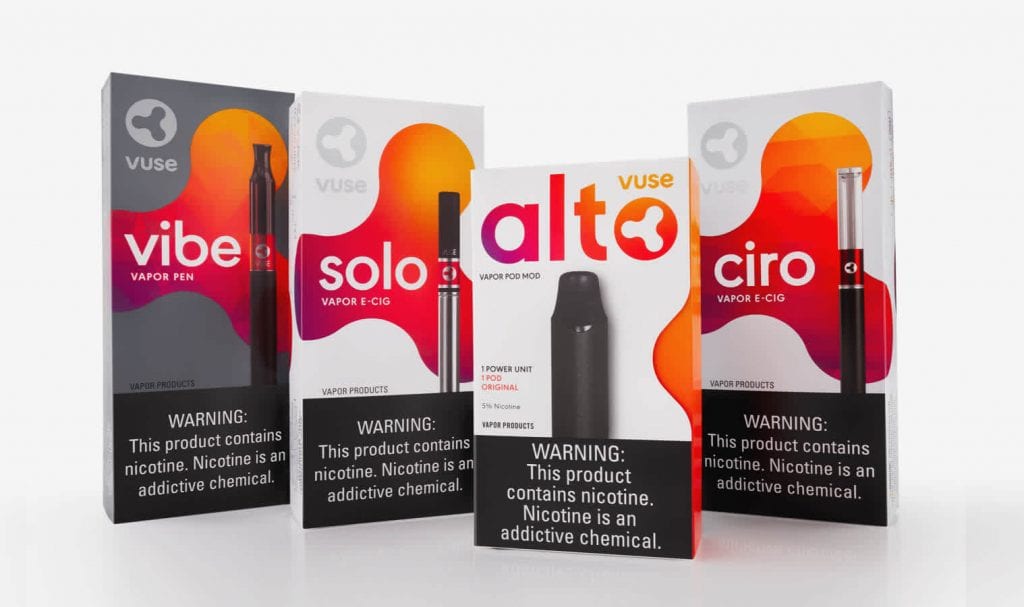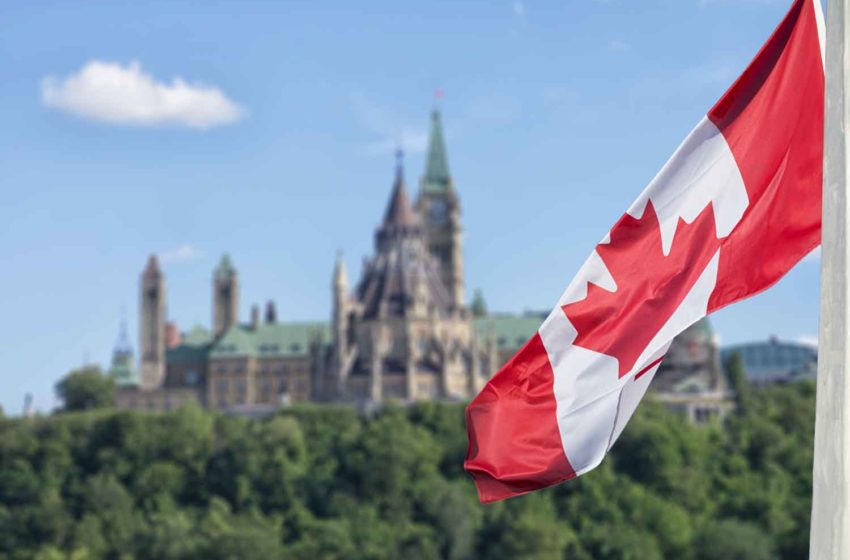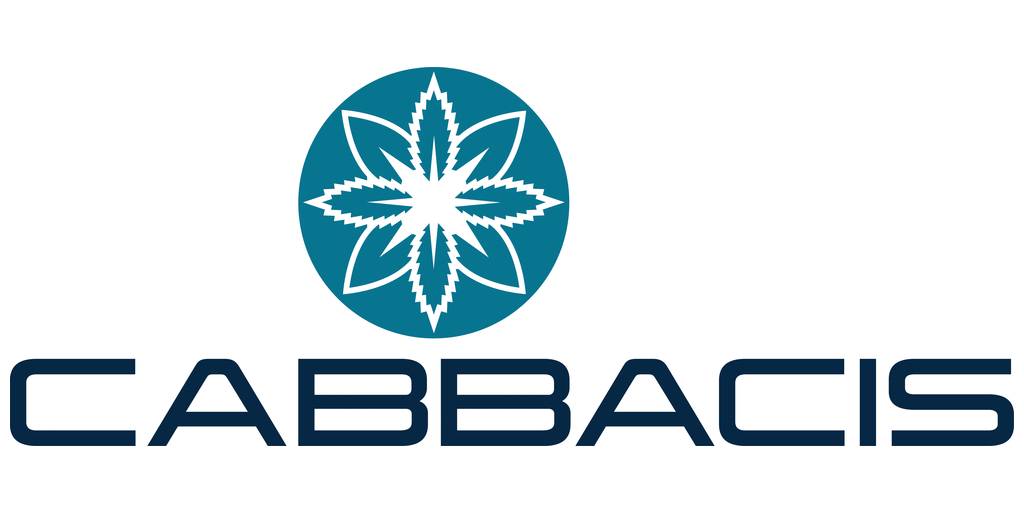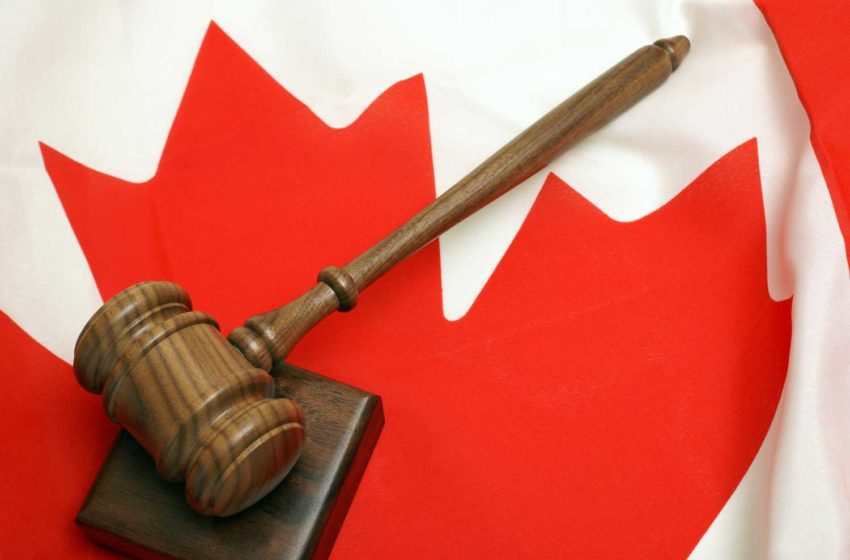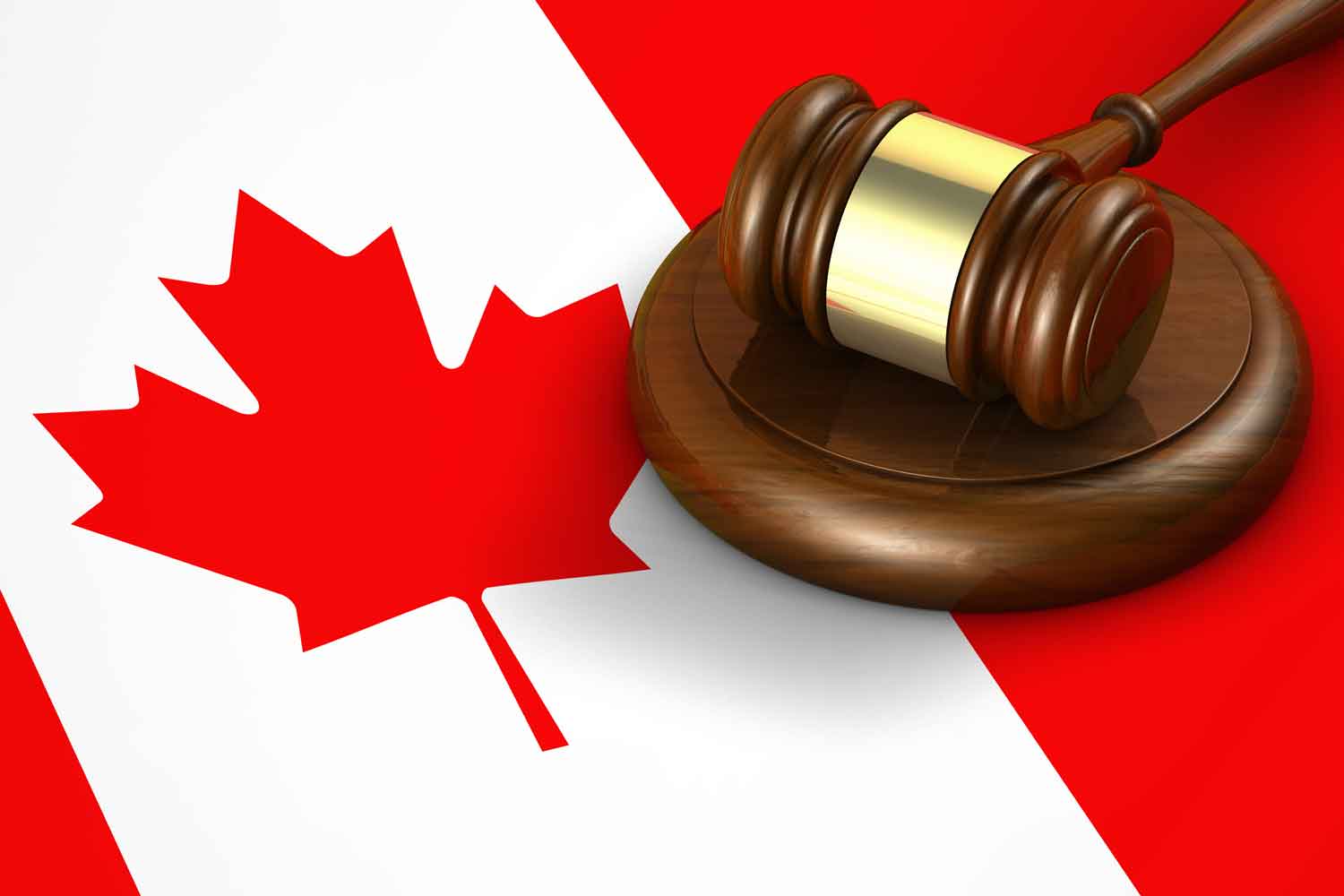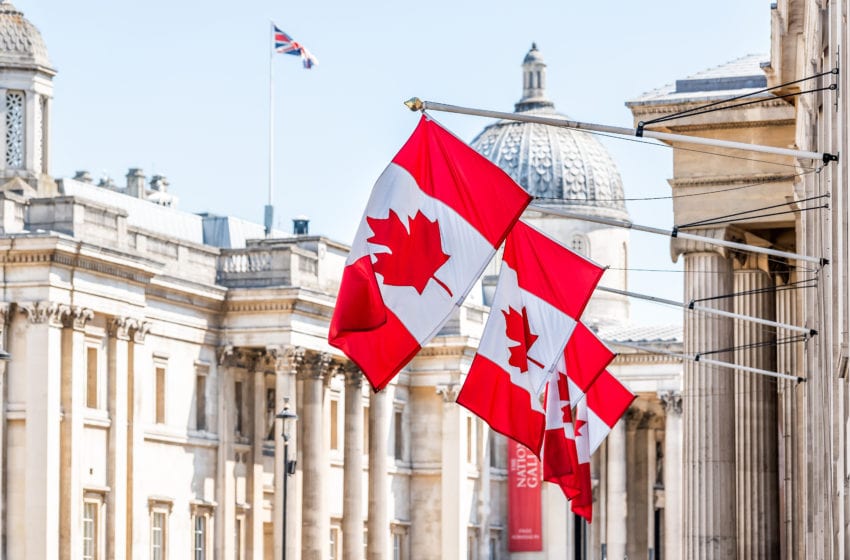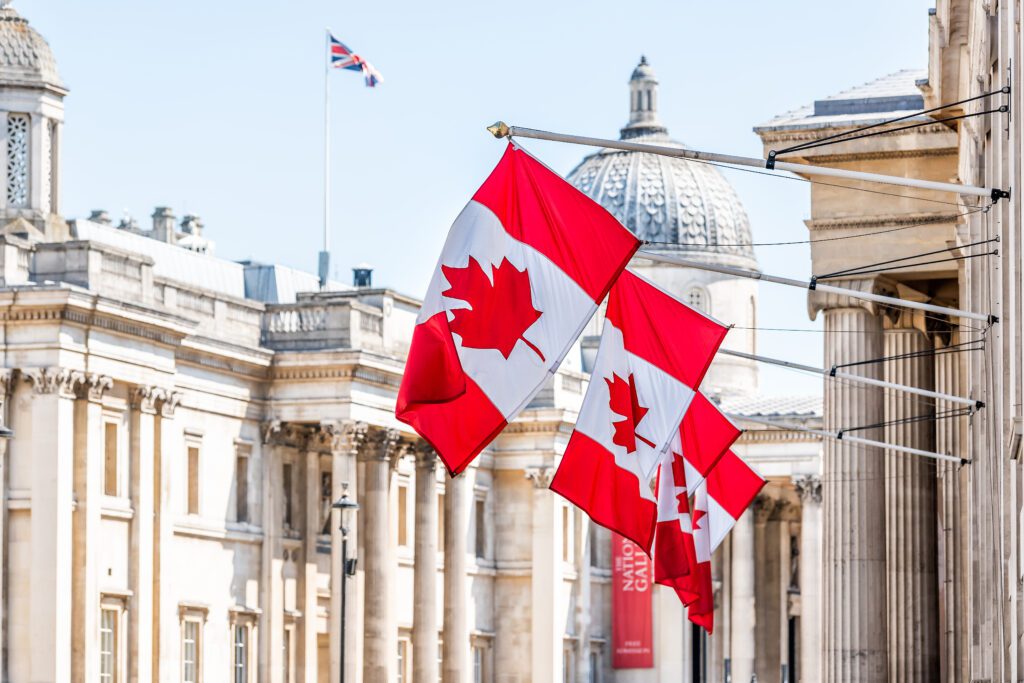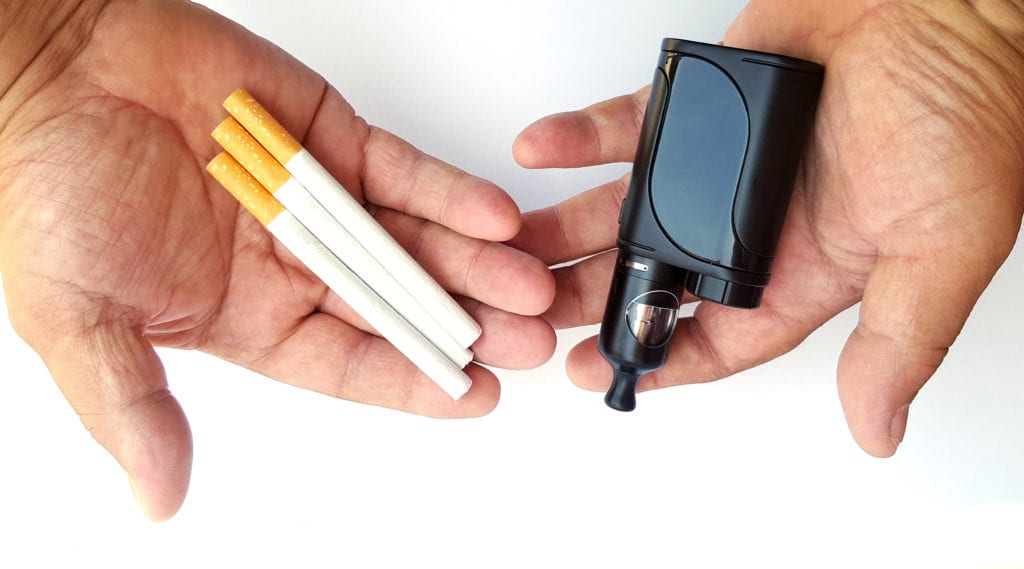
A new study has found that flavor bans boost sales of traditional combustible cigarettes. The study, E-cigarette Flavor Restrictions’ Effects on Tobacco Product Sales, concluded that restrictions on the sale of flavored nicotine vaping products could lead to significant increases in traditional cigarette sales.
“Given that combustible cigarettes are widely recognized as more harmful than vaping, the study’s findings raise pressing questions about the public health implications of such policies, according to a release from the Canadian Vaping Association (CVA). The group “urges Canadian governments to review the study’s findings and ensure that vapor product regulations are inline with harm reduction and Canada’s Drugs and Substances Strategy.”
Key Highlights from the study include:
Substitution to Cigarettes: For every 1 less 0.7 mL pod sold due to flavor restrictions, there’s an increase of 15 additional cigarettes purchased.
Rise in Cigarette Sales Over Time: While the short-term effects are less clear, the long-term correlation between vaping flavor policies and a surge in cigarette sales is robust. This surge occurs especially when such policies have been in place for a year or more.
Young Population at Risk: The relation between vaping flavor restrictions and increased cigarette sales isn’t limited to a particular age group. Alarmingly, there’s also a surge in sales for cigarette brands popular among underage youth.
The research firmly underscores the unintended consequences of restricting flavored product sales, according to CVA. While the research indicated that these policies do achieve their goal of reducing flavored product use, they inadvertently boost the sales of traditional cigarettes across all age groups.
Given the stark difference in health risks between cigarettes and vaping, the study contends that the overall health benefits of such policies may be minimal or even potentially harmful in the broader perspective.

